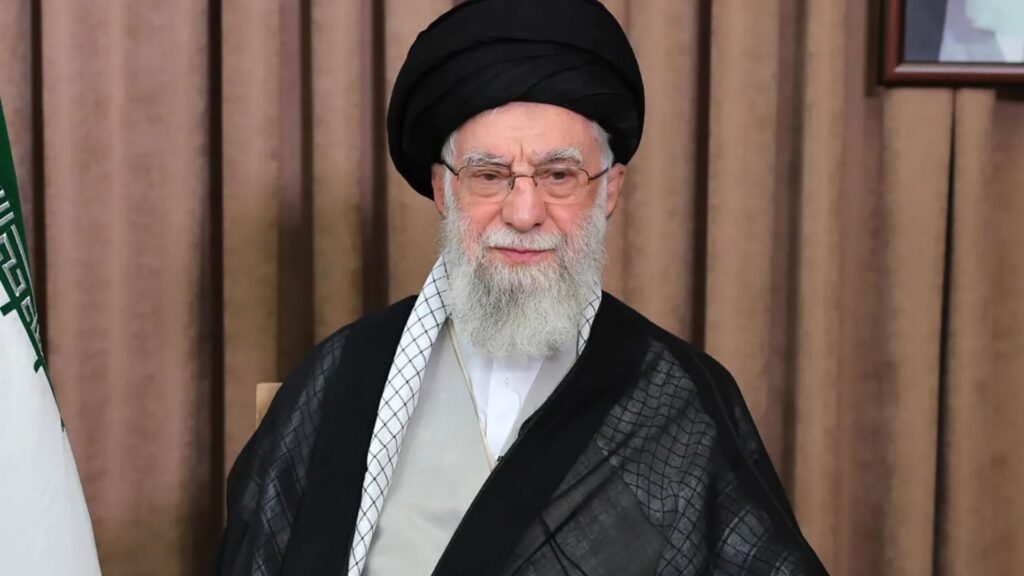
Iran has executed three prisoners accused of spying for Israel, marking a severe crackdown in the aftermath of the recent 12-day conflict. The men, identified as Idris Ali, Azad Shojai, and Rasoul Ahmad Rasoul, were hanged yesterday morning, following their conviction for espionage. This development underscores the Iranian government’s intensified efforts to suppress dissent and control narratives post-conflict.
State television broadcasted images of the trio in blue prison uniforms, a stark reminder of the regime’s approach to dealing with perceived threats. In the past ten days alone, at least six individuals have been executed under orders from Iran’s Supreme Leader, Ayatollah Ali Khamenei, while approximately 700 others have been arrested.
Escalating Repression in Iran
The crackdown follows a fragile ceasefire with Israel, which ended the brief but intense 12-day war. According to Mahmood Amiry Moghaddam, head of Iran’s human rights organization, the government is using these executions as a tool to instill fear and maintain control. He stated,
“After the ceasefire with Israel, the Islamic Republic needs more repression to cover up military failures, prevent protests, and ensure its continued survival. Executions are the Islamic Republic’s most important tool for instilling societal fear, and in the coming days and weeks, hundreds, perhaps thousands, of prisoners might be at risk of execution.”
This wave of repression highlights the Iranian regime’s historical reliance on capital punishment as a means of quelling unrest. The executions serve as a grim reminder of the regime’s tactics to maintain power and suppress any form of dissent.
The British Connection: A Couple Detained
Meanwhile, a British couple, Craig and Lindsay Foreman, remain imprisoned in Iran on unspecified espionage charges. The couple, who were on a round-the-world motorbike trip, have been detained for nearly 150 days. Their son has expressed devastation over their arrest, which occurred despite warnings from the UK Foreign Office and family members to avoid entering Iran.
The Iranian government alleges that the Foremans were “posing as tourists” to gather intelligence, a claim that has been met with skepticism and concern from international observers. The couple has had limited contact with their family, relying primarily on the Foreign Office for communication.
Historical Context and Implications
Iran’s use of executions as a political tool is not new. Historically, the regime has employed such measures during periods of internal and external pressure. The current crackdown can be seen as part of a broader strategy to consolidate power and deter potential uprisings.
Experts warn that the international community must remain vigilant and advocate for human rights in Iran. The situation poses significant challenges for diplomatic relations, particularly with Western nations who have citizens detained under dubious charges.
Looking Ahead
The international response to Iran’s actions will be crucial in shaping future developments. Human rights organizations are calling for increased pressure on the Iranian government to halt executions and release political prisoners. The fate of the Foremans and others like them hangs in the balance as diplomatic efforts continue.
The situation in Iran remains tense, with the potential for further escalations. Observers are closely monitoring the regime’s actions and the international community’s response, which will likely influence Iran’s political landscape in the coming months.






